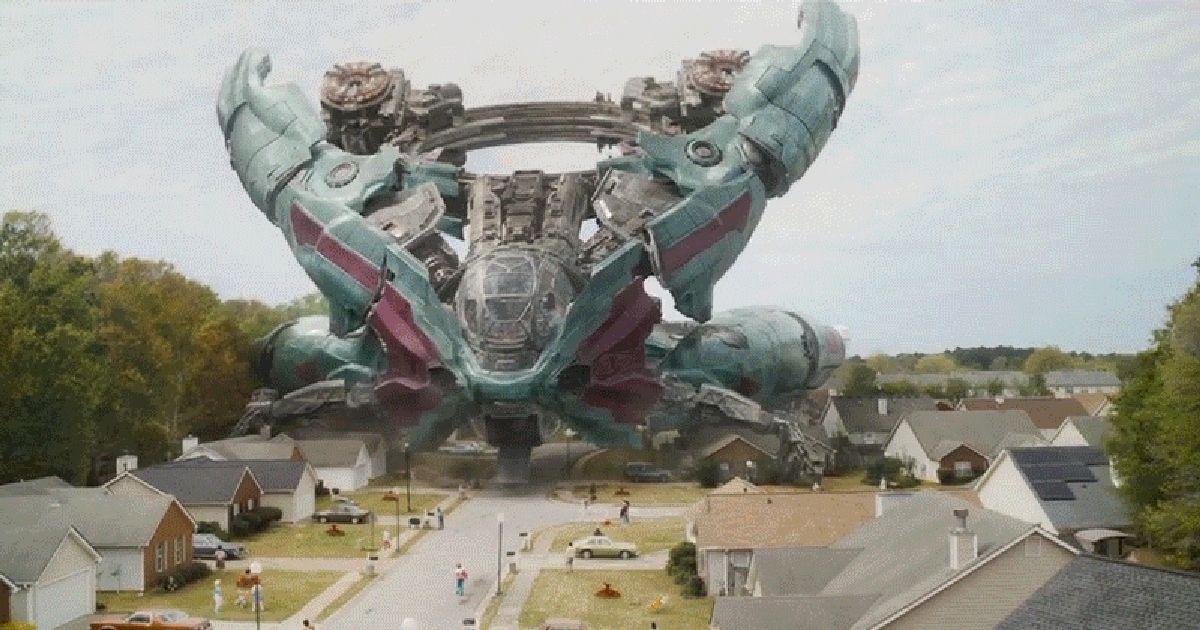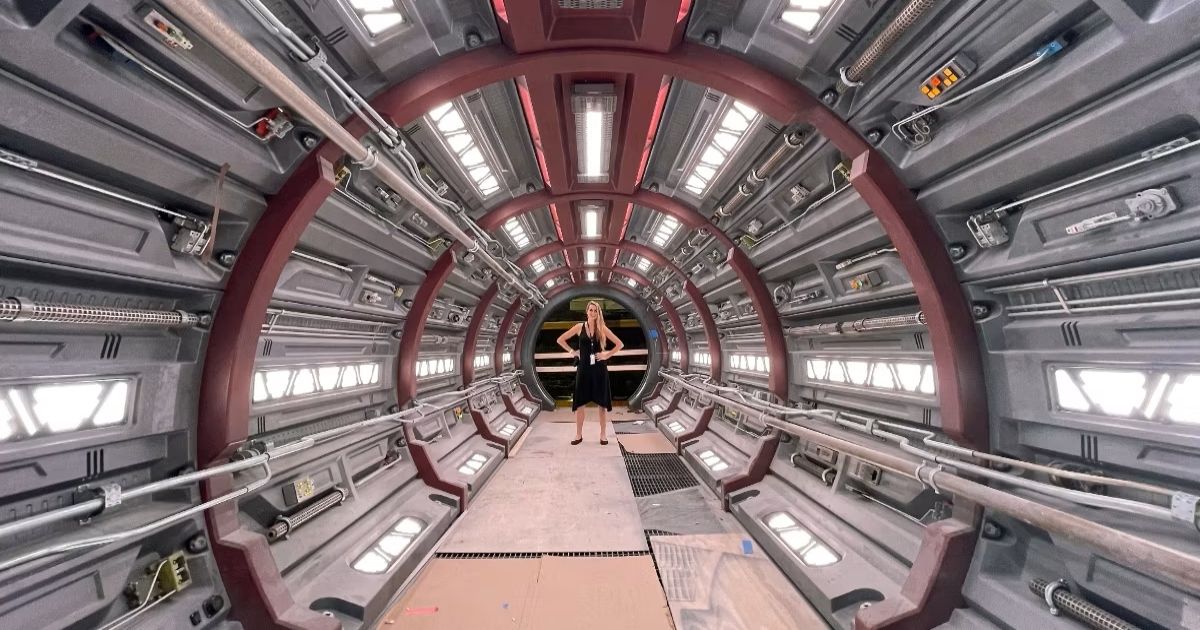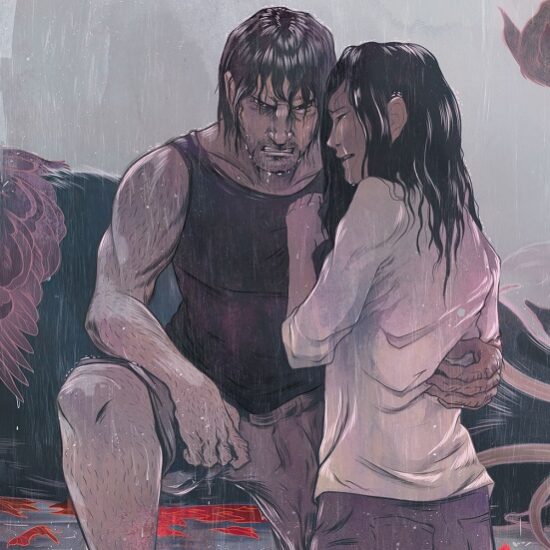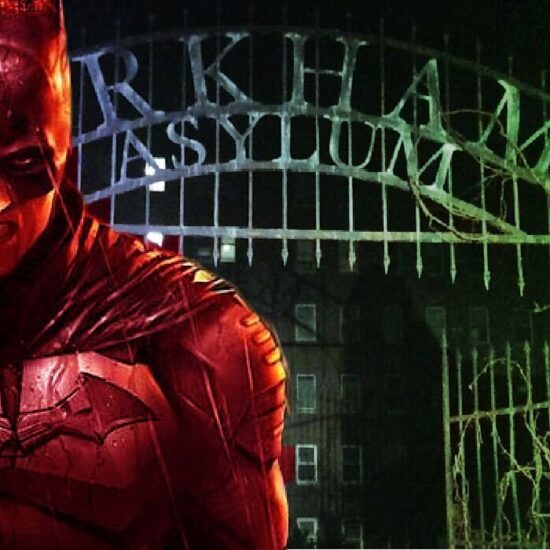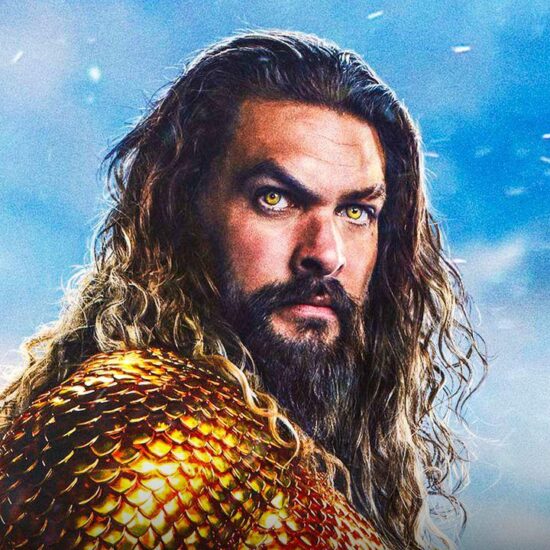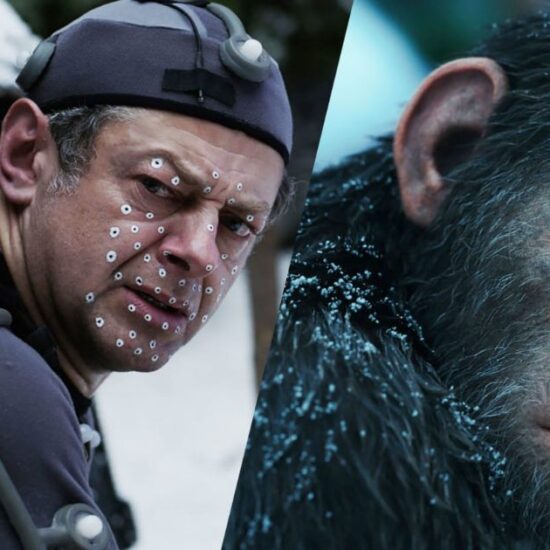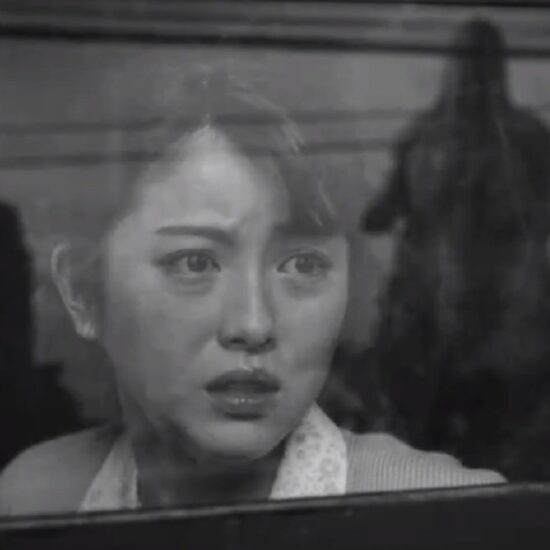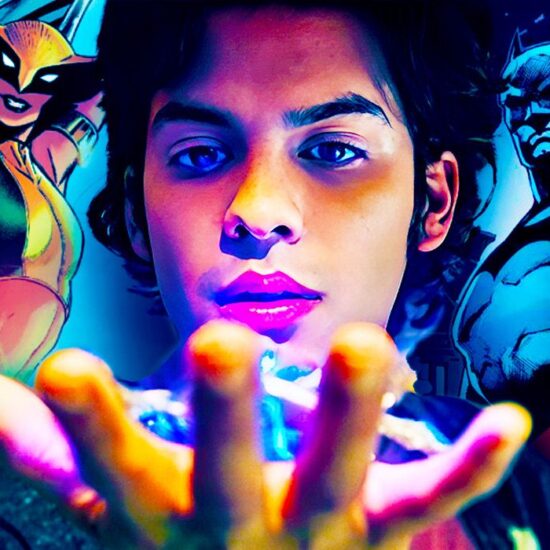Production designer Beth Mickle cut her teeth in the independent movie scene. Indeed, in her 2012 interview with Pushing Pixels, Mickle credited Ryan Fleck’s Half Nelson and Nicolas Winding Refn’s Drive as two very important films in her oeuvre, the former being that which kick-started her career in the 2000s, and the latter raising it to new heights in the early-2010s (via Women and Hollywood). Even if you don’t know her name, you’ll likely have seen her work in movies like It’s Kind of a Funny Story, Whiskey Tango Foxtrot, and, more recently, The Suicide Squad and Dear Evan Hansen.
Now, Mickle is celebrating a new major achievement: making her feature MCU debut with Guardians of the Galaxy Vol. 3. In our Zoom interview, she professed that she was “stepping into big shoes” by following Charles Wood and Scott Chambliss, production designers of Guardians of the Galaxy and Guardians of the Galaxy Vol. 2, respectively. “It was definitely a responsibility of mine to carry that vision forward in the colors and the textures and the types of shapes, and the fantastical nature that they explored in the earlier movies.”
That being said, with some nudging from director James Gunn, Mickle was empowered to put her own creative spin on the franchise. “I took him at face value [with the advice], and decided to swing for the fences and make some bold choices,” she said, listing the Orgoscope, the biologically grown planet, and the Bowie Spaceship, the largest ship Marvel Studios has had built so far, as prime examples of her vision.
I felt confident with that, but only because James had really instilled that confidence, so then it was just walking a balance between making sure we were fulfilling the great visuals that came before us, but then also making sure that we made it our own.
Mickle spoke with MovieWeb about Guardians of the Galaxy Vol. 3 and the world of production design.
Building the Guardians’ Galaxy
Effectively wrapping up Gunn’s time in the MCU, Guardians of the Galaxy Vol. 3 sees the titular band of heroes (Chris Pratt, Karen Gillan, Pom Klementieff, Dave Bautista, and Vin Diesel) racing against time to save Rocket (Bradley Cooper). With the begrudging help of Gamora (Zoe Saldana), Star-Lord and his team face off against OrgoCorp, the company responsible for experimenting on and mutating Rocket in the past, and its twisted leader, the High Evolutionary (Chukwudi Iwuji). With its signature charm and epic needle drops, Guardians of the Galaxy Vol. 3 brings together everyone’s favorite found family in the MCU for one last mission.
Naturally, the stakes are higher than ever in the threequel, and the worlds, by extension, are even bigger and weirder. A standout planet that the Guardians visit is the aforementioned Orgoscope, which has a fleshy look and feel to it. It sounds gross, but between Mickle’s designs and Gunn’s directorial sensibilities, it strikes the perfect balance between off-beat and grotesque.
“It was probably a weekly conversation that we had, of just making sure we were being bold, and those fleshy surfaces were really palpable and really tangible and felt real,” she said of her and Gunn’s careful consideration of the limits to which they wanted to go with Orgoscope’s look. In fact, Mickle dove into the director’s earlier film, Slither, for inspiration on how to achieve a flesh-like finish to the planetoid’s set. “Marvel really did support us throughout and got on board with some of these wild ideas that they hadn’t before, and hats off to them for that because I think it’s paid off.”
Indeed, it has. Ironically, Guardians of the Galaxy Vol. 3 takes place on far-off planets, but possesses a degree of grounded-ness that has seemingly eluded some of the MCU’s more recent releases. The franchise’s over-reliance on CGI is well-documented, but fans can rest assured that Gunn’s film is a much-needed return to the MCU feeling as real as possible. “One of the joys of working with James, from a production design and art department standpoint, is that he really values physical sets as much as you can possibly provide them.”
The MCU’s Largest Spaceship Ever Built
“We filled a 20,000-square-foot stage,” said Mickle of the Bowie spaceship, effectively the largest ship Marvel has ever built for any of its movies. Interestingly, it came as a result of convenience: Gunn wanted the actors to be able to move from one space within the ship to another without having to cut the camera and move to a different part of the stage. “It paid off, I think. It was an investment that worked, and I have to say, the actors really responded to it. Everybody kept saying what a difference it made, having it all be physical sets around them and space they can actually walk from one to the other.”
Designing real sets and working with real locations certainly harken to Mickle’s days in lower-budget, independent films. And while her first foray into the world of Marvel brought with it its own set of new challenges, she essentially sees working on larger studio films as a “bigger extension” of indies: “Your resources and your ability to play are just so much bigger. It’s as exciting as it gets as a production designer to be working on films [like Guardians of the Galaxy Vol. 3], where the ceiling is so much higher. You can dream bigger; you can take bigger swings.”
That said, the production designer does see the importance of working on independent films. “I will say, I am so grateful for my independent feature background, and I still work on small films,” added Mickle. “I think it’s really important to flex that muscle as a production designer, where you remember how to be resourceful and creative and a problem-solver. If you only do giant movies, that muscle can be weakened.”
Going Where Few Women Have Been Given the Chance to Go
Significantly, Gunn’s swan song in the Guardians franchise wasn’t the first time Mickle circled an MCU project. In our interview, she revealed how she was in the running for a couple of Marvel movies over the years prior to joining Guardians of the Galaxy Vol. 3 in 2018. “I’ve been in a number of interviews for these giant movies, where I’ve been told you haven’t had experience in this before, so we just don’t feel comfortable taking the chance on you,” said Mickle.
While she understands this reasoning from a “business decision” standpoint, she also sees how emblematic it is of a larger, persistent cycle of exclusion. Indeed, there’s definitely no shortage of talented women production designers working today, but, in Mickle’s experience, very few rarely get the opportunity to work on blockbuster movies. “If people are hesitant to take chances [on newer artists], then you end up hiring the same 10 people over and over for these bigger movies, and the door never gets opened for women, for diversity, for inclusion.”
This is why she’s supremely grateful to Gunn for choosing her to work on not only Guardians of the Galaxy Vol. 3, but The Suicide Squad as well. Entering this space, of course, Mickle championed a more inclusive environment for team. “It’s been important for me on both The Suicide Squad and Guardians to staff the art department with as many women as I possibly can to try and even the balance,” said Mickle. “On Guardians, I’m really proud that, in our art department office, we had half women and half men — and that is the very first time that has ever happened on a superhero movie.”
Though the Guardians of the Galaxy franchise we have come to know, the one Gunn has created, has come to an end, things are only just beginning for Mickle. When asked if she would return for a future MCU movie, she confessed there were certain things she wasn’t allowed to talk about. “But I have a short answer: I’m very excited to return to that arena soon.”
Guardians of the Galaxy Vol. 3 is now playing in theaters.






